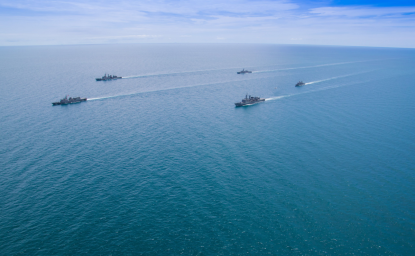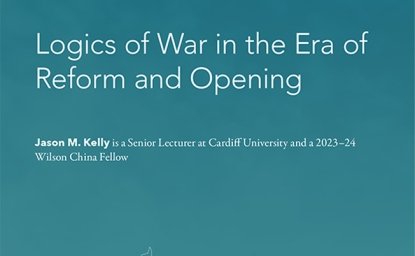#55 Ideology and Politics in the South American Military (Argentina, Brazil, and Uruguay)


By Genaro Arriagada
At the core of the military profession is the concept of war, or if you prefer, "the organized use of violence." Janowitz has pointed out with good reason that any nation develops its own military doctrine, at the centre of which is a given idea of war. The concept of war is very dynamic and variable, and can be altered in response to many different factors--social, political, technological, etc.
One of my fundamental hypotheses is that, from a given concept of war, it is possible to infer, if not a structured concept of the State and of the political and social system, at least a set of fundamental ideas sufficient to determine the particular kind of political behavior of military men and the general direction of their political compromises, alliances, and exclusions. In other words, we can understand political action the way the military themselves think about it, accepting how fundamentally their political involvement is conditioned by the kind of war they conceive themselves to be involved in.
The four armies I have studied have political ideologies whose roots are in military discipline and concepts. What follows is a summary of my research concerning two of those military conceptions: anticommunist war and geopolitical thought.

The Wilson Center’s prestigious Latin America Program provides non-partisan expertise to a broad community of decision makers in the United States and Latin America on critical policy issues facing the Hemisphere. The Program provides insightful and actionable research for policymakers, private sector leaders, journalists, and public intellectuals in the United States and Latin America. To bridge the gap between scholarship and policy action, it fosters new inquiry, sponsors high-level public and private meetings among multiple stakeholders, and explores policy options to improve outcomes for citizens throughout the Americas. Drawing on the Wilson Center’s strength as the nation’s key non-partisan policy forum, the Program serves as a trusted source of analysis and a vital point of contact between the worlds of scholarship and action. Read more




